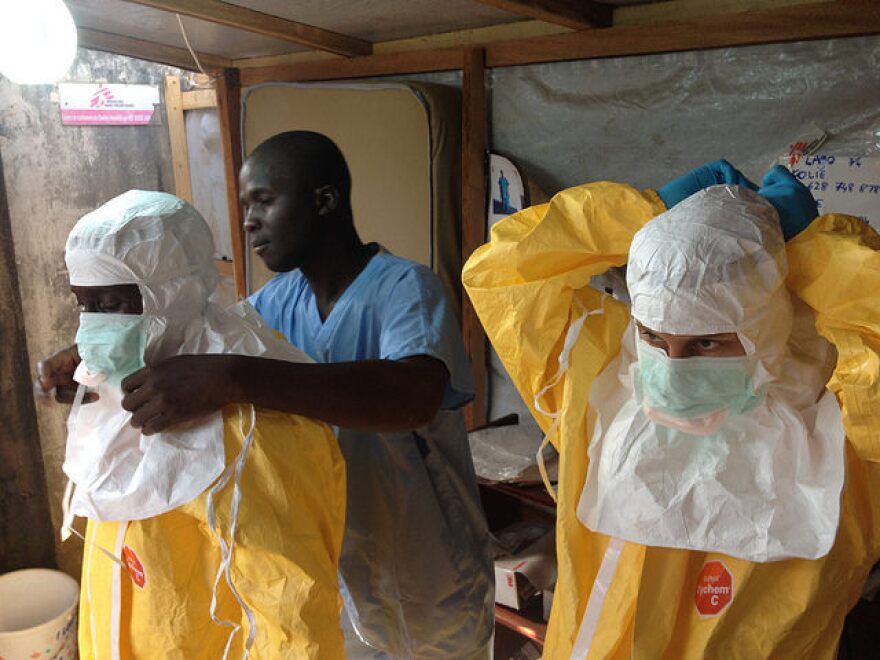Ebola is back. The virus killed more than 11,000 people between 2014 and 2016. It was the largest Ebola outbreak ever documented. Now, health officials say there’s a new outbreak in the Democratic Republic of Congo.
Officials are reporting four deaths and more than thirty suspected cases of Ebola in the past two weeks. They are also monitoring more than 400 individuals who came into contact with those patients. Still, because the area is so remote, officials say the risk of the outbreak spreading beyond national borders is low to medium.
On the other hand, the lack of road access and electricity in the region is a significant challenge for those treating patients and trying to contain the outbreak. WHO is preparing for the possibility of using a vaccine that was put into experimental use during the 2014-2016 West Africa outbreak. At that time, there were ethical questions about using a relatively untested vaccine in humans. Now, it’s more a question of logistics.
“This vaccine is still in development,” said John Conner, Associate Professor of Microbiology at Boston University School of Medicine and the National Emerging Infectious Diseases Laboratory. “This is not a vaccine that comes in a freeze-dried formula that can sit on somebody’s shelf for five years until it’s needed and then deployed instantaneously.”
Connor says he’s hopeful they won’t need to use the vaccine. The country has had several Ebola outbreaks in the past few decades. In 2014, an outbreak there – separate from the West African outbreak – died down on its own.
In the meantime, the fatality rate for Ebola can be up to ninety percent. A new test may help predict which patients are most likely to survive and which are more likely to succumb to the disease. That information could help caregivers target limited resources to those in greatest need, and – eventually – help researchers develop new treatments.
To date, treatments have been extremely limited. One experimental drug, ZMAPP, showed only modest success during the West African outbreak. BioCryst Pharmaceuticals is also testing a broad spectrum anti-viral drug.
Other researchers are testing the effectiveness of medicines already approved for other purposes. So far, a blood pressure medication called Vascor and the antidepressant Zoloft have shown some ability to help mice survive Ebola.
“I am definitely a fan of the kitchen sink approach in terms of trying to develop therapies against these viruses,” said Connor. “I think a lot of different avenues and a lot of different approaches should be taken.”



